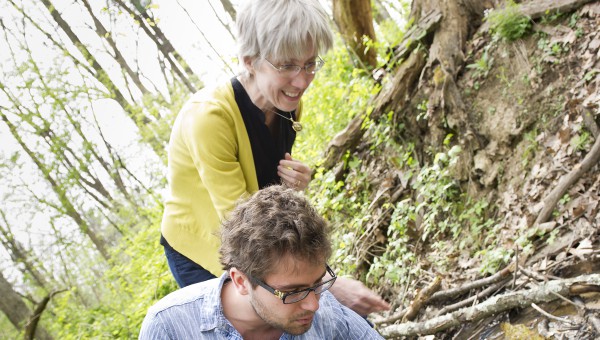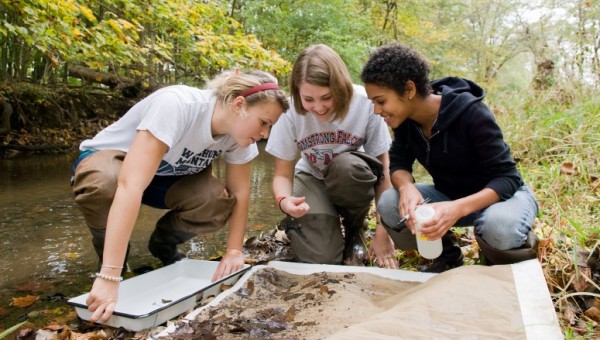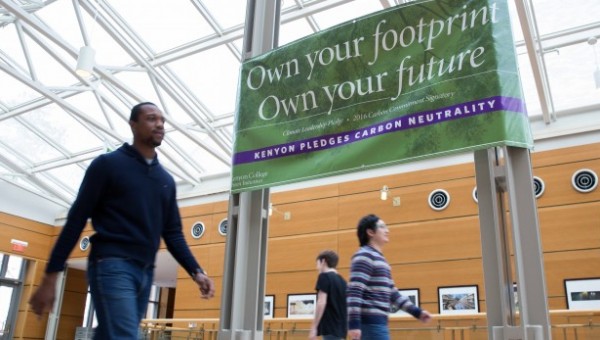Program in Environmental Studies
Environmental studies is an interdisciplinary field that integrates elements of the natural sciences, social sciences, humanities and the arts to study our relationships with the world in which we live. Systems-based by design, environmental studies employs a holistic approach to complex systems, recognizing that combined human-ecological systems and their emergent properties require an understanding, not only of their constituent parts, but of the interactions between systems and between the elements within systems.
Many of the forces that will dominate the lives of today’s undergraduate students have environmental origins. Climate change will alter many aspects of our physical environment, bringing with it changes in weather patterns, agricultural productivity, and physical landscapes. Our movement away from fossil-fuels will require changes in physical infrastructure and redevelopment of electrical grids to support a more distributed generation model. Growing populations in some of the poorest parts of the world will create social and political pressures, while slowing population growth in the developed world will create challenges to traditional growth-based economic systems. Supplying the world’s populations with food and potable water will create significant challenges to all parts of the world, and the continuing loss of biodiversity may threaten the very ecosystems on which we depend.
The world needs a well-educated population to adapt to these challenges, led by experts trained to think critically and to see connections between seemingly unrelated phenomena, who have the skills to find viable solutions and the creativity to imagine new ways of organizing our global society. Our major and concentration programs are designed to help train those leaders.





